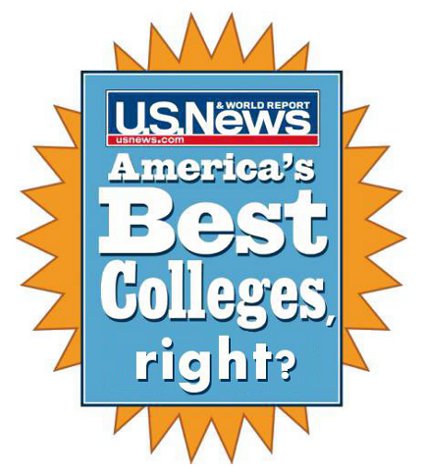I know it is a strange time to be commenting on a topic like honesty and not be talking about the debate performances, but a recent by Joe Nocera in The New York Times has me thinking about honesty, information, and incentives.
When US News & World Report comes out with a list of top whatever, many people take a look because they want to see who came out on top or where their favorite might have ended up placing. Recently, the list of top colleges and universities was released and in a major surprise, Harvard was listed first. The school that I teach at was #133 in the Regional University North Rankings – good enough to place us in the Top Tier according to our school newspaper.
In a perfect world, these rankings would be focused on gathering the most relevant data available and all data would be accurate. However, one of the first lessons in economics is that people respond to incentives. It is possible for schools to outright lie about the numbers that they are reporting or take steps to inflate their numbers http://www.nytimes.com/2012/02/01/education/gaming-the-college-rankings.html?pagewanted=all As an educator, the fact that some school officials would misrepresent data or lie just to get a higher ranking is pathetic and frankly inexcusable.

I know why people do this, I just cannot figure out why anyone would find it ethical or acceptable. We can have a long discussion about which data would be appropriate to collect, but if you cannot guarantee accurate data, the entire exercise is meaningless. Schools should focus on educating their students and attempting to provide the best possible environment for them to become lifelong learners and our next generation of citizens. Attempting to game this system does neither.

